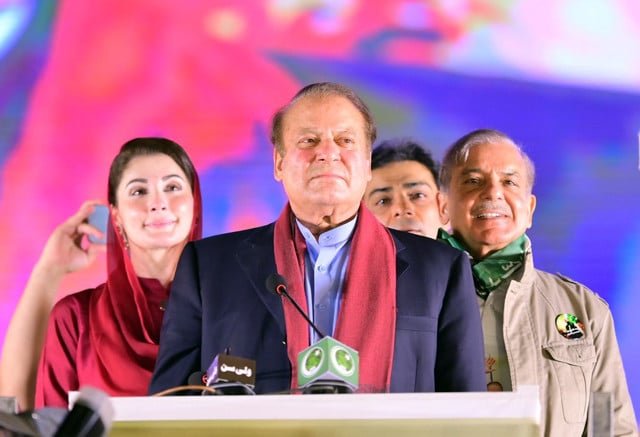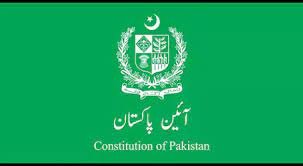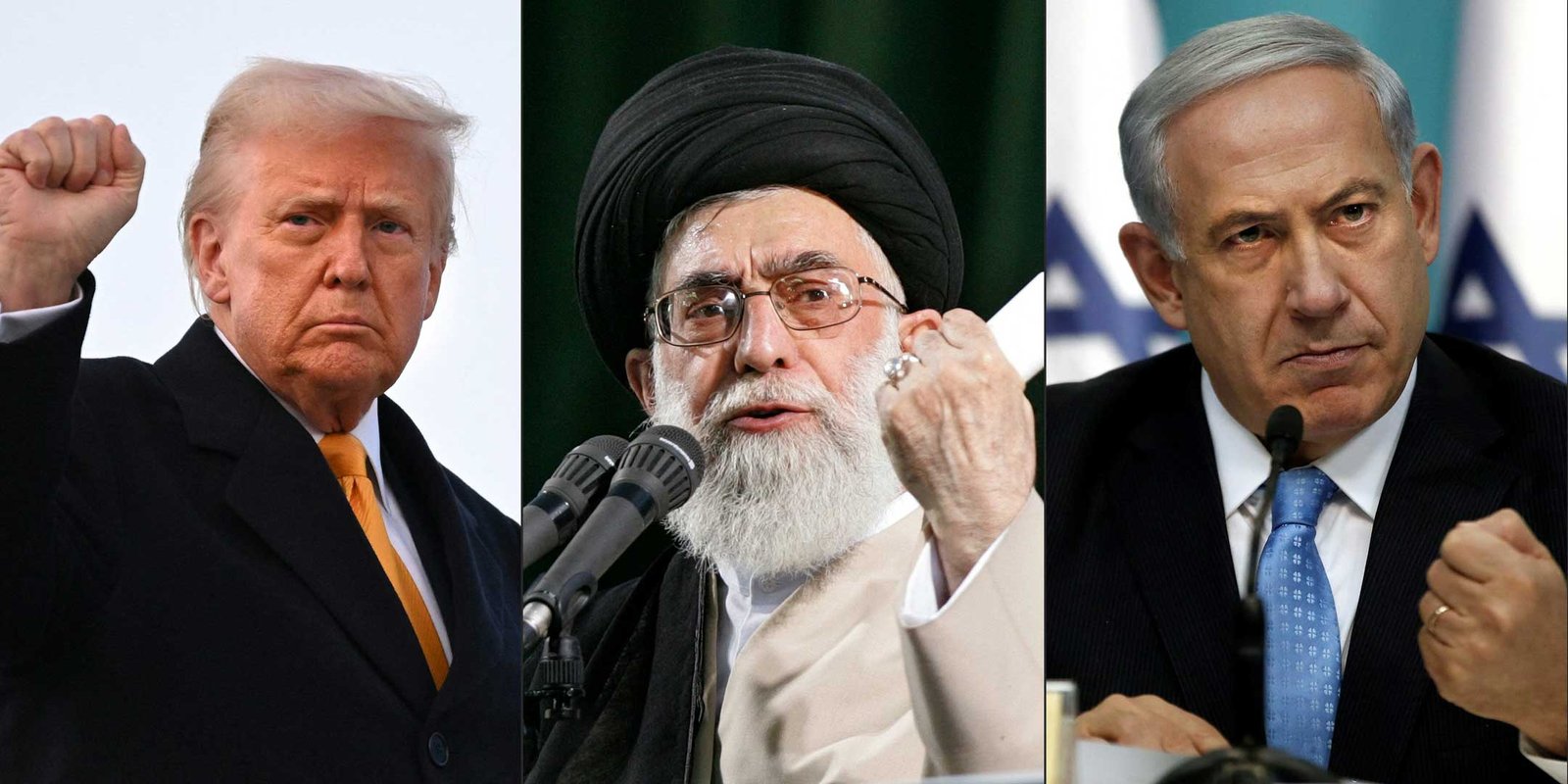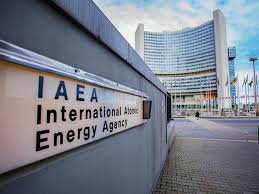Editorial
In the evolving political landscape of Pakistan, the Pakistan Muslim League-Nawaz (PMLN) finds itself navigating a credibility crisis. Once dominant in national politics, the party is now confronting historic levels of unpopularity. Its renewed emphasis on “good governance” as a means to regain public trust seems insufficient—especially when detached from a genuine commitment to democratic values, justice, and rule of law.
PMLN’s past governance credentials are not in question—it built roads, infrastructure, and maintained relative administrative order. However, today’s electorate, particularly the youth and educated middle class, is no longer swayed solely by development statistics or shallow service delivery. This demographic increasingly values transparency, democratic processes, civil liberties, and the right to freely elect their leaders. These are domains where PMLN’s record remains deeply tarnished.
In recent years, the party has been viewed as complicit—if not instrumental—in undermining the democratic playing field. Its silence, and at times, active participation in political engineering, its perceived proximity to unelected power centers, and failure to uphold judicial fairness have alienated large segments of the electorate. For many, governance without justice feels cosmetic; development without rights feels hollow.
Even if PMLN delivers on governance now, it faces a skeptical public. The political imagination of voters has matured. The post-2024 voter does not merely ask, “What have you built?” but also, “At what cost to democracy?” The prioritization of democratic rights has overtaken traditional governance as the core electoral concern.
Please, subscribe to the YouTube channel of republicpolicy.com for quality content.
Moreover, “governance” itself is no longer defined in terms of road-building or macroeconomic tinkering. It includes institutional independence, media freedom, accountability, and rule-based policymaking—areas where PMLN’s performance remains unimpressive.
In this context, PMLN cannot afford to treat governance as a stand-alone formula for revival. Without restoring trust through democratic credibility, institutional fairness, and accountability, even the best technocratic governance will appear superficial. The path to political relevance lies not just in performance, but in principles—something today’s voter is increasingly unwilling to compromise.

















